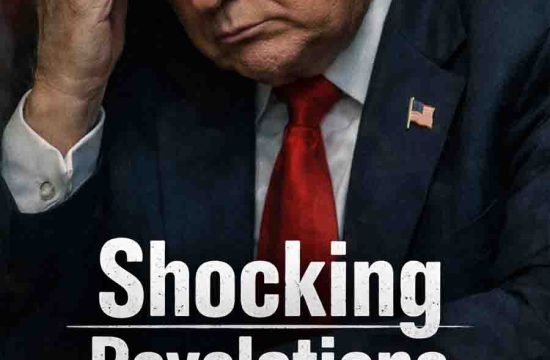Washington, D.C. — September 24, 2025
In a stunning development that has sent ripples through the U.S. justice system, Erik Siebert, the U.S. Attorney for the Eastern District of Virginia, has announced his resignation following intense pressure from senior officials in the Trump administration.
According to multiple reports, President Trump expressed frustration that Siebert refused to pursue charges against political opponents and critics, including New York Attorney General Letitia James and former FBI Director James Comey. Both have long been outspoken adversaries of the President.
A Clash Between Justice and Politics
Siebert, a career prosecutor with decades of service, had developed a reputation for independence and adherence to legal standards. Sources close to his office say the pressure campaign mounted over the last several months, culminating in a “point of no return” after repeated demands from Washington to launch politically motivated investigations.
“He refused to weaponize the justice system,” said one Justice Department insider. “That integrity cost him his job.”
Trump’s Pressure Campaign
President Trump, who has frequently accused his critics of conducting “witch hunts,” reportedly grew impatient with Siebert’s reluctance to take legal action. The President’s allies argued that failure to prosecute amounted to “dereliction of duty,” while critics see Siebert’s ouster as a dangerous precedent.
Trump’s latest moves have also included threats against television networks critical of his administration, raising alarms about press freedom and the erosion of institutional independence.
Fallout in Washington
Legal scholars and political leaders have reacted with concern. Senate Democrats described Siebert’s resignation as “a direct assault on the rule of law,” while some Republicans defended the administration, saying “political bias” had tainted the Justice Department for years.
Civil liberties organizations warn that the resignation represents a chilling moment for judicial independence in the United States. “If prosecutors are expected to act as political enforcers rather than impartial defenders of the law, the entire democratic system is at risk,” said the American Civil Liberties Union in a statement.
What Comes Next
The White House has yet to announce Siebert’s replacement, but insiders suggest Trump is considering loyalists who would be “more aggressive” in pursuing cases against political adversaries.
Meanwhile, Siebert’s resignation has sparked calls for congressional hearings into whether the Justice Department is being politicized. Lawmakers from both parties are bracing for what could become a defining battle over the balance of power between the executive branch and the judiciary.
Bottom Line:
Erik Siebert’s departure highlights a growing conflict between the traditional independence of the U.S. justice system and the political pressures of the Trump era. Whether this moment becomes a turning point—or another chapter in the erosion of norms—remains to be seen.











